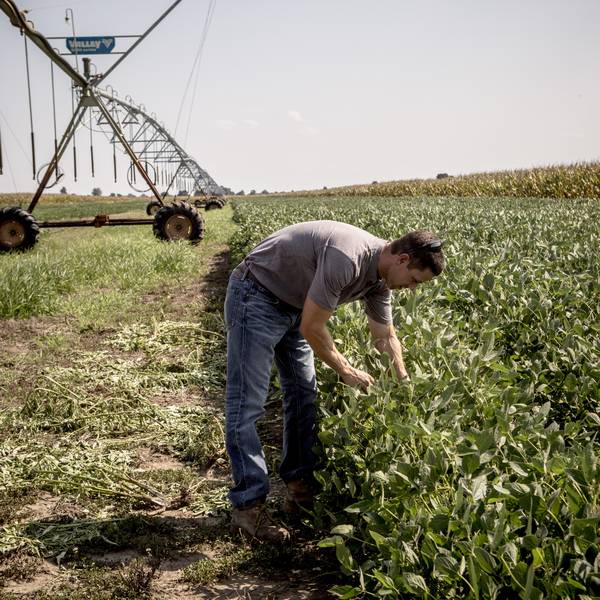Overriding the will of the Hawaiian people, who for years have endured immense pesticide exposure from the outsized presence of Big Ag on the islands, a federal court judge on Tuesday ruled that Monsanto may continue operating in Maui County despite a voter-approved ban on genetically modified organisms (GMOs).
U.S. District Court Chief Judge Susan Oki Mollway said that the moratorium, which passed with a 50.2 percent vote last November, was pre-empted by state and federal law and was thus invalid. The measure required that all GMO growth, testing, or cultivation in the county cease until an environmental and public health study finds the practices to be safe and harmless.
Following the ruling, proponents of the ordinance, known as the SHAKA Movement, said they were "deeply saddened" by the decision. In a statement, SHAKA legal counsel Michael Carroll said: "The decision today not only ignores the will of the people, but places at risk all state and local regulations that seek to address the harmful impacts associated with GMO operations. The decision invalidates a local ordinance that sought to protect against serious harms caused by these practices. The decision ignores the harms to Maui county and the Hawaii Constitutional mandate placing obligations and duties on the counties to protect the natural environment."
In the lead-up to the November vote, the opposition, almost exclusively backed by Monsanto and Dow, spent nearly $8 million on the campaign--the most money that has ever been expended on a local initiative in the State of Hawai'i. Just days after its passage, the two agrochemical giants filed suit against the ban.
SHAKA Movement member Mark Sheehan told Honolulu Civil Beat the group is planning to appeal. "We are very disappointed that the constitutional rights of 23,000 people here are being set aside by a couple of judges in Honolulu who I think have completely misread the case," Sheehan said. "This law was written specifically because there was no state or federal law regulating genetically modified organisms...The state and the county have the responsibility to protect the health of the environment, which they're not doing."
And Maui resident Autumn Ness, who last year canvassed on behalf GMO Free Maui, added: "It feels like the politicians and the judges are looking for ways to let these chemical companies run without oversight. Heaven forbid they look for ways to uphold the will of the people."
Citizens, anti-GMO groups, and other supporters of the initiative are holding a rally on Wednesday beginning at 5:30 AM local time at the gates of the Monsanto facility in Kihei.



